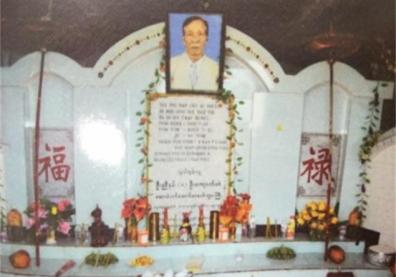From Cunning to Grace : Potency, Public and Commensuration in the Wa Hills

Doctoral seminar organized by View e-mail withe the financial help of Ifrae and the l'École Doctorale 265 of Inalco.
Prophets have a special place in the 20th century history of the Wa and Lahu of Southeast Asia: based on exceptional skills, they proposed ritual innovations that radically changed local concepts of potency, public, and commensuration. If previously, cunning mortals could only hope for luck, the prophet promised eternal fortune based on the immeasurable gift of grace. Zooming in on the prophet Tax Cao Tie (1912-2003) and his followers, we can observe a transition from cunning to grace, specifically in the semantics of potency, in the new publics of ritual speech, and in the use of measurements. In all three arenas, ‘grace’ emerges as the horizon of immeasurability against abstract and universal commensuration. The argument unmoors the concept of ‘grace’ from its Christian ballast and explains the transition from cunning to grace as a media effect of commensuration.
With : Hans Steinmüller est professeur associé au département d’anthropologie de la London School of Economics (LSE).